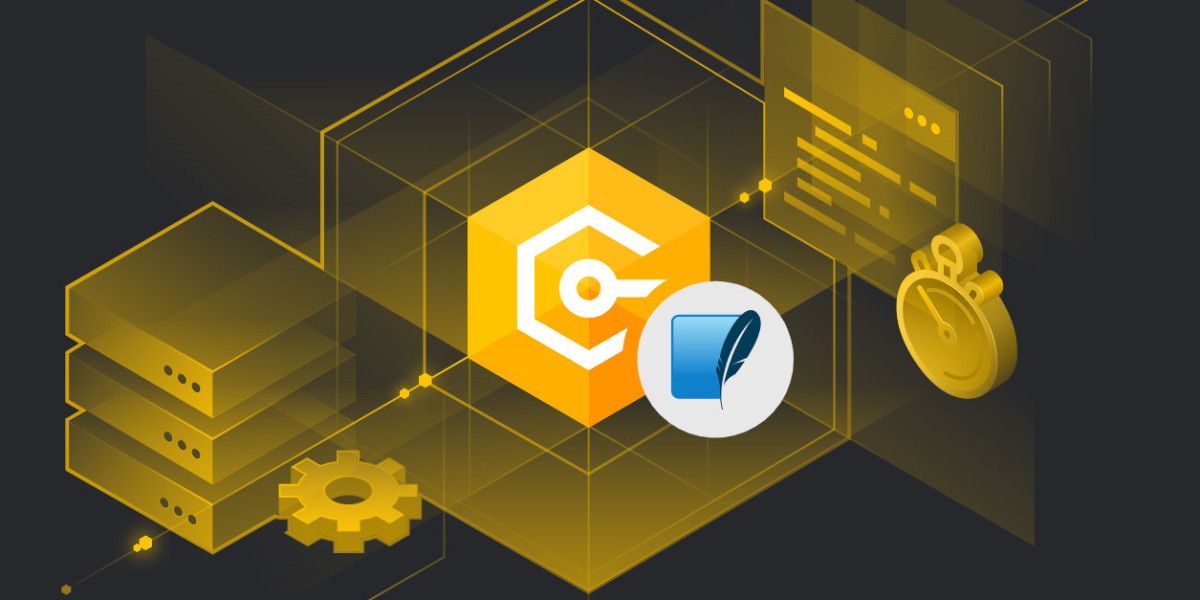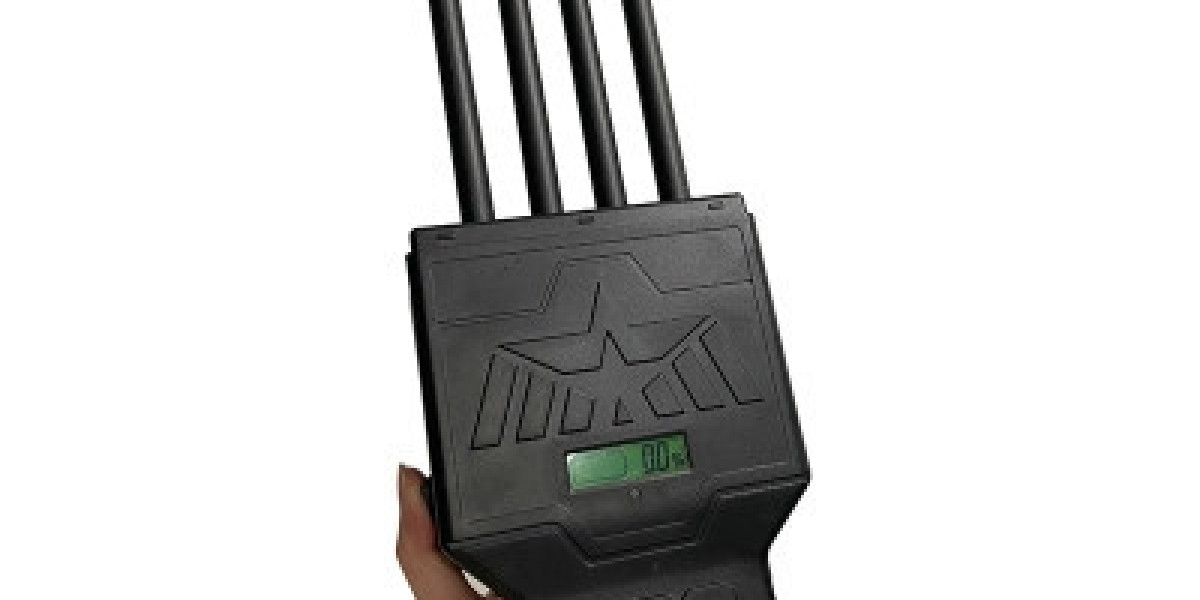Entity Framework Core 8 (EF Core 8) is the latest version of Microsoft's powerful Object-Relational Mapper (ORM) that allows developers to work with databases using .NET objects. EF Core 8 continues to build on the strong foundation of previous versions, offering better performance, improved features, and greater flexibility. Here's a look at its key features and how you can use it with SQLite, a popular lightweight database engine.
Key Features of EF Core 8
Performance Improvements
EF Core 8 introduces further optimizations for handling large datasets and query processing, enhancing the efficiency of database interactions. Its faster query generation and execution mean reduced database round trips and improved response times. These improvements make it a great choice for applications requiring real-time data processing or large-scale data handling.Improved LINQ Queries
Linking Language Integrated Query (LINQ) has always been central to how developers work with EF Core. In EF Core 8, LINQ queries are smarter and faster, offering more accurate query translation. The enhanced support for translating complex queries ensures that developers can write concise, readable code while maintaining performance and efficiency.Better Support for JSON Data
As more applications adopt NoSQL-like structures, handling JSON data efficiently has become crucial. EF Core 8 enhances support for JSON data, allowing developers to store and query JSON properties within relational databases. This makes EF Core 8 a more flexible ORM for modern data-driven applications.Entity Graph Improvements
EF Core 8 includes more advanced handling of entity graphs, allowing developers to work with complex related data sets more intuitively. Features like automatic change detection and enhanced cascading behavior make managing relationships between different entities easier and more predictable.Simplified Migrations
Database migrations are critical for keeping the database schema in sync with the application. EF Core 8 offers streamlined migration capabilities, making it easier to manage and deploy database schema changes. Developers can quickly generate, apply, and rollback migrations, even in complex environments.Cross-Platform Capabilities
EF Core has always been cross-platform, and EF Core 8 continues this trend, running on Windows, Linux, and macOS. This makes it a great choice for developers building cloud-native or containerized applications, as it can be easily deployed across various infrastructures.
Using EF Core 8 with SQLite
SQLite is a popular choice for lightweight database applications, especially in scenarios like mobile development, small web apps, or embedded systems. EF Core 8 makes it easy to integrate with SQLite due to its seamless support for cross-platform databases.
SQLite’s file-based database architecture works well with EF Core's approach to lightweight data access. When using EF Core 8 with SQLite, you can enjoy all the ORM features—like migrations, change tracking, and LINQ queries—while benefiting from SQLite’s compactness and simplicity.
EF Core 8 also supports SQLite’s advanced features, like handling large blobs and transactional operations, ensuring that even small-scale projects can take advantage of robust database management capabilities. Whether for prototyping or production, the EF Core and SQLite combination offers a powerful yet lightweight solution for database management.
Conclusion
EF Core 8 continues to evolve as a leading ORM, providing developers with enhanced performance, better data handling capabilities, and improved cross-platform support. When paired with SQLite, it offers a streamlined and efficient way to manage databases in smaller or lightweight applications, making it a versatile tool for modern development needs.








